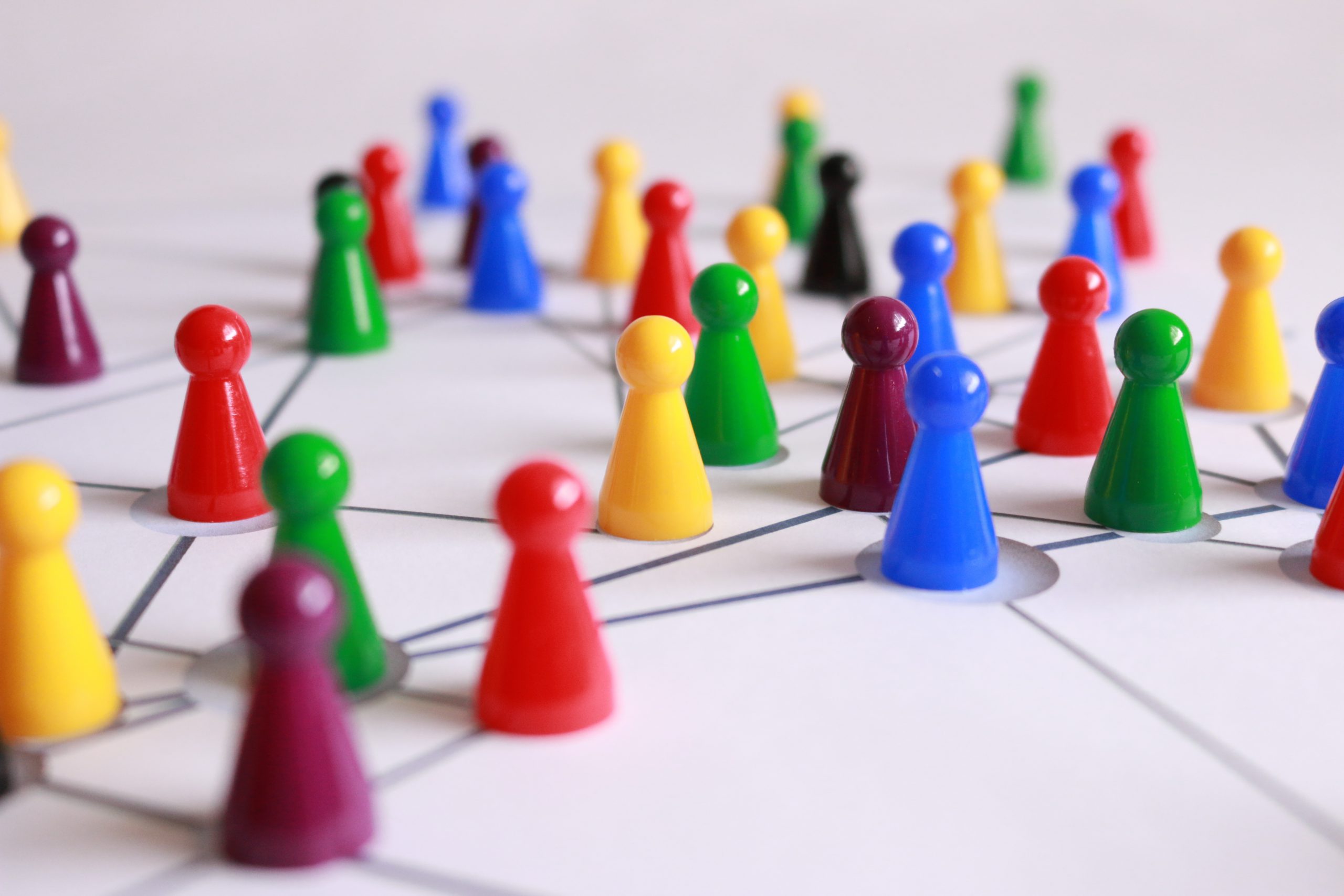Ah, networking for PhDs. One of those love-to-hate-it topics.
When you were attending a conference, how much time did you spend talking to people who approached you?
How much talking to new people that you initiated conversations with?
For the average person from academia, we spend about 90% of the time talking to old friends, colleagues and people we know. The strangers we meet are most likely friends of friends, or the people who visit our poster or ask us a question during a talk.
We spend so much of our conference experience as passive waiters.
“Please come see my poster” is not active networking. It’s a form of passive waiting.
I wait for someone to approach my poster, because if they’re not interested in my topic, there’s no way they’ll gain anything from chatting with me. Right?
I don’t want to harass people, anyway.
I look at the big bosses, surrounded by their entourage of happy engaged people, and wonder if I’ll ever get a groupie fan base that’s so interested and invested in talking to me one day.
Probably not.
You can’t build a network if you don’t stop waiting.
I used to stand around waiting for people to check me out. Luckily, I always had interested people in my research topic, so I always had people to talk to during my poster session. Then, after my poster session, I would just sit with my colleagues and look at the poster lists and upcoming talks.
Looking back, this is one of the biggest wastes of my conference fees ever.
You don’t just attend conferences to present posters. People used to tell me that the action at conferences happens after hours. I never really understood what that meant until now.
Reach out proactively to new and old people alike.
If you think about any conference and the number of posters or other passive attendees, how will you stand out? How can you use the conference experience to your benefit?
You do that by being different from others. Reach out to people; visit vendors for more than the pens and cool USB drive.
Talk to different people at other posters, and ask them how things are going. Ask them about their specialty and expertise.
Understand some of the latest technologies or trends in your space from the people who are creating them. This is one of the biggest hauls you can bring back from an industry or whole field event – new connections, knowledge and intel that can inform your future career development.
Talk to trade show vendors and organizers.
Unlike cold calling or cold informational interviewing, people who organize and represent organizations at conferences are captive audiences for networking. We all know that many vendor reps spend a lot of a conference being ignored by attendees and checking their phones. What that means is they’re sitting ducks for you to talk to. Forget the assumption that they only want your information for a sale; it may be true for their company overall, but they are human beings who enjoy conversations just like anyone else.
Even if you’re not interested in a particular company’s product, are you interested in their market? A future innovation on their product? A particular role in their organization? This is a perfect opportunity for you to engage, and get information in a mutually useful way. This is what networking is all about.
Whatever you do, don’t do what I used to do – take a conference for its scientific or topical face value. Everyone talks about “networking” because it’s a reality of success, forever and always, but what it means is actually taking action to learn and connect with others. Kick passive waiting to the curb, and make networking a regular habit when you attend your next conference!
By Vay Cao, Ph.D.
Got tips for easy networking? Share them below!




